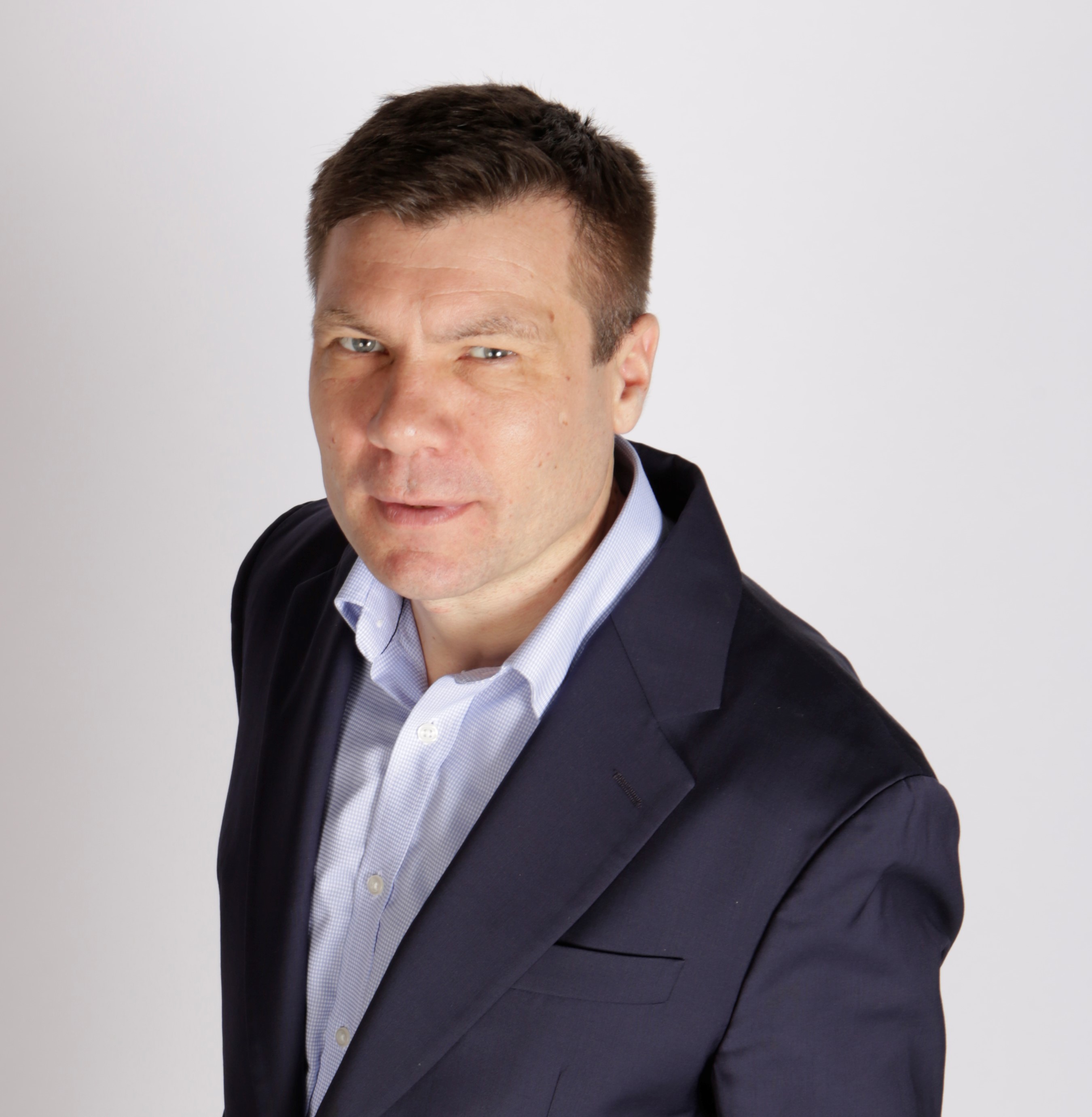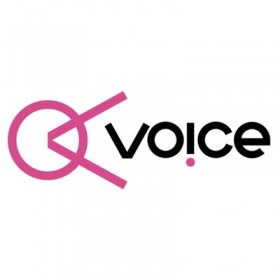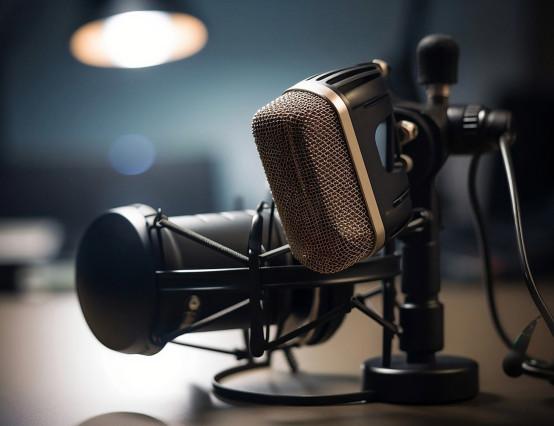For many of us, job interviews are nerve-wracking experiences. We fear being judged and the possibility of rejection, and also the reality of having to sell ourselves. You may have felt this when pitching for the opportunity for a creative project or going for a new job in a design agency or elsewhere. I learned this a few years ago when I was failing to get the role I wanted. To break the cycle I decided to join my local Toastmasters International club as it gave me the opportunity to improve speaking in front of a group. It gave me the insight that interviews are a form of public speaking and gave me the skills I needed.
As I learnt, the best way to build great relationships and influence people is to create rapport, a connection, a feeling of mutual understanding, and respecting each other. As with any form of public speaking, building rapport is an essential step to interview success. Luckily this is something you can practise and prepare for, so let me share some tips to help you succeed.
Positive first impressions
In a job interview, you need to make sure that first impression is a positive one.
As you enter the room, walk purposefully towards the interviewer(s). In a Zoom interview, be ready for when you first see them. Shake hands, if appropriate, with a firm relaxed grip. And, most importantly, look them in the eye and smile. These body language actions are the most obvious way people will judge our confidence and trust in us.
Reinforce rapport with body language
Your body language should support the rapport you create. When you listen to a question from one of the interviewers, turn slightly to face whomever you are talking to and nod your head. This gives the signal ‘I am listening to you, I understand, and I agree’. Using hand gestures can help reinforce what you are saying if they are natural.
Using names
Using the interviewer’s name is a good way to establish rapport. Imagine the difference in the answer; ‘Well, there was one time, when I worked at….’ and ‘Well, Annie, there was one time, when I worked at….’.
Always I NOT we
You’re selling yourself, so never give others credit for work you did or your achievements. Interviewers don’t care what your team achieved or what your co-worker achieved, only what YOU achieved. With every example, say; ‘I designed, I created, I achieved’. A useful mantra to repeat is: Always I and NEVER we.
STAR for a star
Use the STAR method for answering competency questions. The questions include:
Tell us about a time…
Do you have an example of…
Situation: Brieflyset the scene; what was the problem you had to solve or improve
Task: what were the challenges, what approach did you take
Action: WHAT specific actions did you take to solve the problem and improve the situation
Result: Demonstrate the successful outcome of your actions (and how you measured the success of the outcome).
Strong finale
When an interview ends, like any good presentation, you must end with a strong conclusion. Afterall, you want them to remember you. You can do this by asking questions which helps to engage them and shows your interest in the role, and, or by finishing with a strong concluding statement. For example, “thank you, I’ve enjoyed talking to you today. I’m excited to be applying for this role as I see it as a great fit for my skills and experience and I know I can make a difference to the success of the xx project / team”. Design your concluding statement to include three bullet points of why you should get the role/project opportunity.
Research and preparation
It is increasingly likely that your interviewers will research you on social media so you should do the same. Google your interviewers or find them on LinkedIn, as you might discover that you have something in common which you can then use as a point of reference in establishing rapport. Connections help build trust and rapport, and you can make a note to mention a common interest you share in the interview.
Familiarise yourself with the job description or project brief. You need to prove in your answers that you are what they are looking for and you can do what is required.
The power of the pause
In Toastmasters, we are taught the power of the pause. If you are stressed or anxious, take a pause. If you are speaking too quickly, take a pause. If you want to let a point sink in or have more impact, take a pause. The simple pause can be a very powerful tool. So, if you can’t think of an answer to a question, simply smile and take a pause.
Practise to improve: the more you practise your answers, familiarise yourself with your CV and hold mock interviews with friends, the more you will feel ready for the interview. Practice is a great confidence booster in public speaking. If you’re unsuccessful at an interview, ask for feedback and use what you learn in the practice for your next interview.
In summary: through your words, creativity and actions help your interviewers to feel excited to have found you and delighted to give you the job.

Nick Ronald is a member of Toastmasters International, a not-for-profit organisation that has provided communication and leadership skills since 1924 through a worldwide network of clubs. There are more than 400 clubs and 10,000 members in the UK and Ireland. Members follow a structured educational programme to gain skills and confidence in public and impromptu speaking, chairing meetings and time management. To find your nearest club, visit www.toastmasters.org









0 Comments